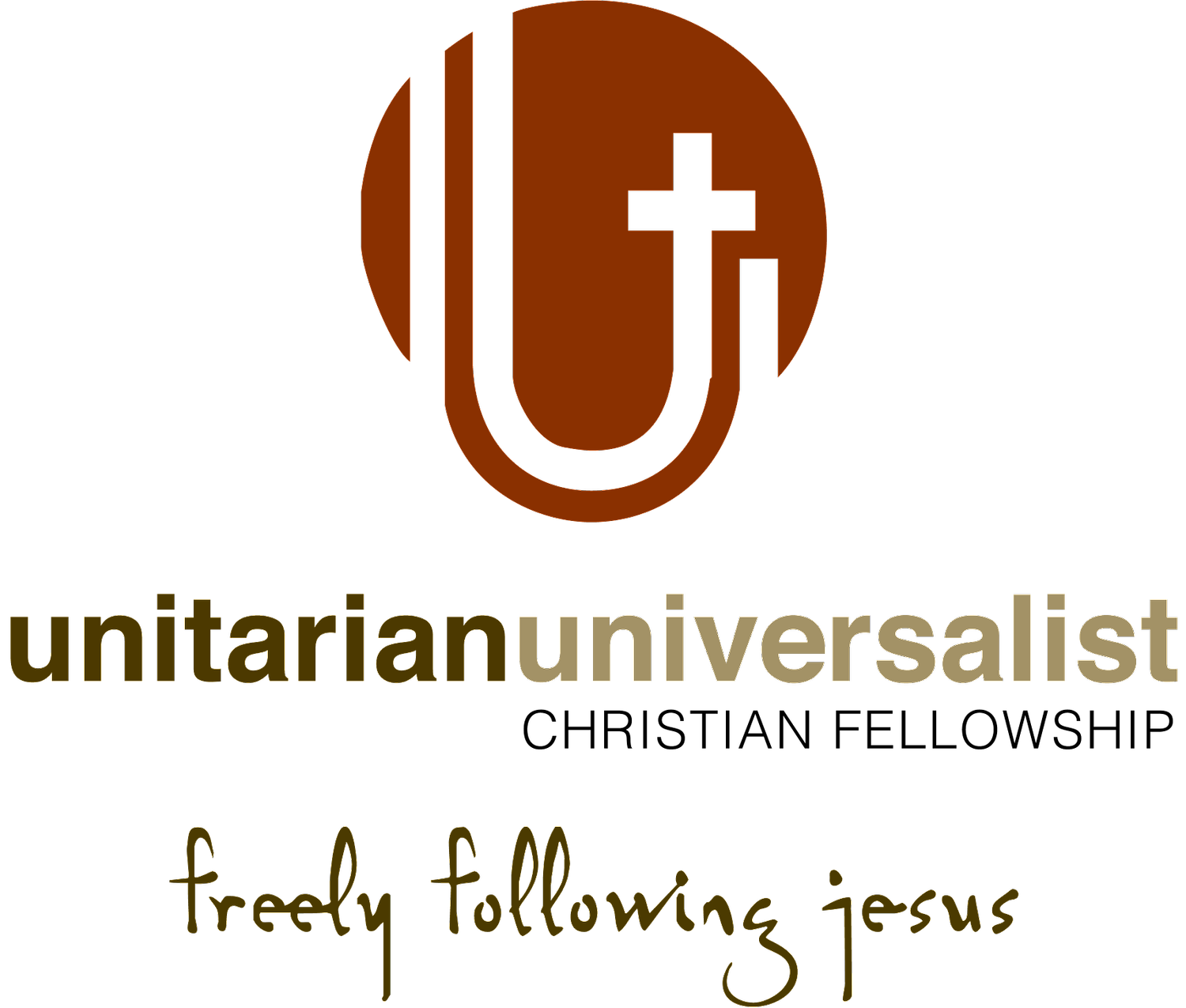MATTHEW 1:18-25
The Faith of Joseph
Kristin Grassel Schmidt
Scripture Reading: Matthew 1:18-25
Now the birth of Jesus the Messiah took place in this way. When his mother Mary had been engaged to Joseph, but before they lived together, she was found to be with child from the Holy Spirit. Her husband Joseph, being a righteous man and unwilling to expose her to public disgrace, planned to dismiss her quietly.
But just when he had resolved to do this, an angel of the Lord appeared to him in a dream and said, “Joseph, son of David, do not be afraid to take Mary as your wife, for the child conceived in her is from the Holy Spirit. She will bear a son, and you are to name him Jesus, for he will save his people from their sins.” All this took place to fulfill what had been spoken by the Lord through the prophet: “Look, the virgin shall conceive and bear a son, and they shall name him Emmanuel”, which means, ‘God is with us.’
When Joseph awoke from sleep, he did as the angel of the Lord commanded him; he took her as his wife, but had no marital relations with her until she had borne a son; and he named him Jesus.
Meditation:
During Advent, we are pointed often by both scripture and church tradition to reflect upon Mary and her role in the birth of Jesus. In Luke’s gospel, we learn the details of Jesus’ conception from Mary’s point of view. The themes of humility, courage, and steadfast faith are clearly reflected in Mary’s decision to embrace God’s plan for her life and accept the potential consequences of bearing a child other than her fiancé’s. Even the language used during Advent, the focus on waiting hopefully and phrases like “pregnant with hope,” evoke images of Mary’s experience carrying Jesus to term. But this week’s gospel lection invites us to consider Christ’s coming from the perspective of one much less prominent within the biblical witness. Here, Matthew tells of the advent of Jesus through the eyes of Joseph.
Matthew wastes no time in driving home the gravity of Joseph’s situation. We are told in the beginning of Matthew’s narrative that Joseph is a “righteous man,” one for whom reputation and observance of Jewish law would have been very important. Joseph’s plan to sever his ties with Mary would have been the expected reaction of a righteous man in his time and culture. The initial surprise of this story is actually Joseph’s merciful decision to dismiss Mary “quietly,” perhaps by offering a different excuse for breaking the engagement, thus providing Mary protection from a possible death sentence for her perceived adultery.
In Luke’s gospel Mary receives God’s assurance about her impending pregnancy directly from the lips of an angel. But Joseph makes an about-turn and abandons his plan to leave Mary based on nothing more than a dream. Joseph’s trust in the truth of this dream harkens back to an earlier Joseph, whose saving dreams we read about in the book of Exodus. And just like that Joseph, it is our Joseph who will lead his wife and newborn babe to safety in Egypt.
As Advent draws to a close, it is not Mary’s but Joseph’s experience that offers many of us a walkable path through the growing darkness. Though many women can and will experience the holy miracle of bringing new life into the world, neither gender can depend on an angelic visitation to guide us through our challenges. The most that many of us have to go on are the tugs on our hearts that lead us to righteous mercy, the misty messages of our dreams, or perhaps the glimpses of God’s plan we might catch in the corners of our eyes.
Against the seemingly stiff backdrop of black words on white parchment, God’s Word made Flesh meets us right where we are, in the grey areas that comprise human life. As we reflect upon our own hope in hopeless times, we can look to Joseph’s courage and faith in welcoming the unknown for assurance of God’s faithfulness to divine promises. Joseph could have dismissed his dream just as easily as he could have dismissed Mary. But like Mary, Joseph said yes to this now risky marriage, yes to this new baby, and yes to a new and radically different future than the one he had envisioned.
May we all have the courage to say “yes” to the newness of life we are offered. In the name of Emmanuel, the God who is with us always, whose other name is love, Amen.

